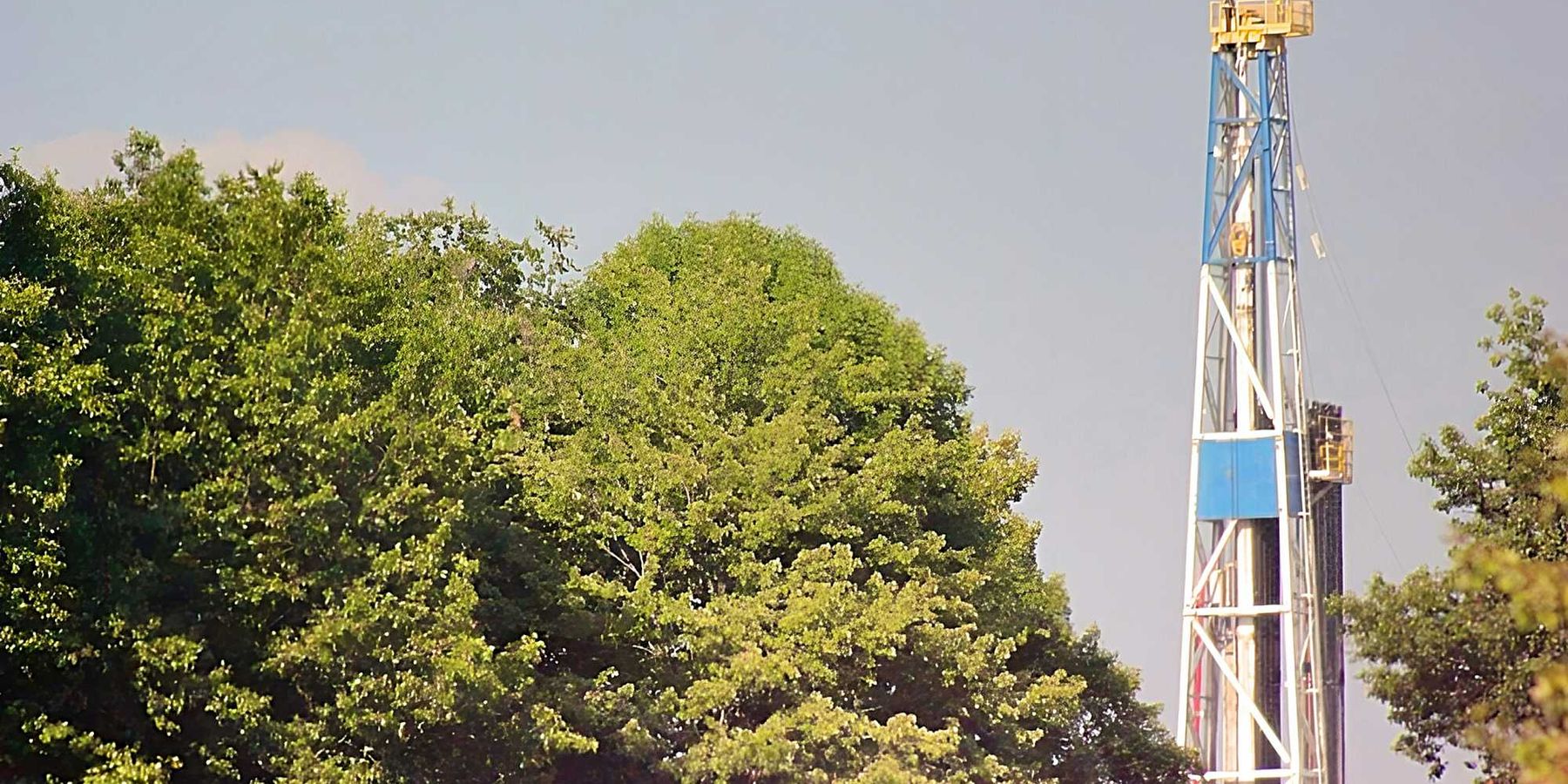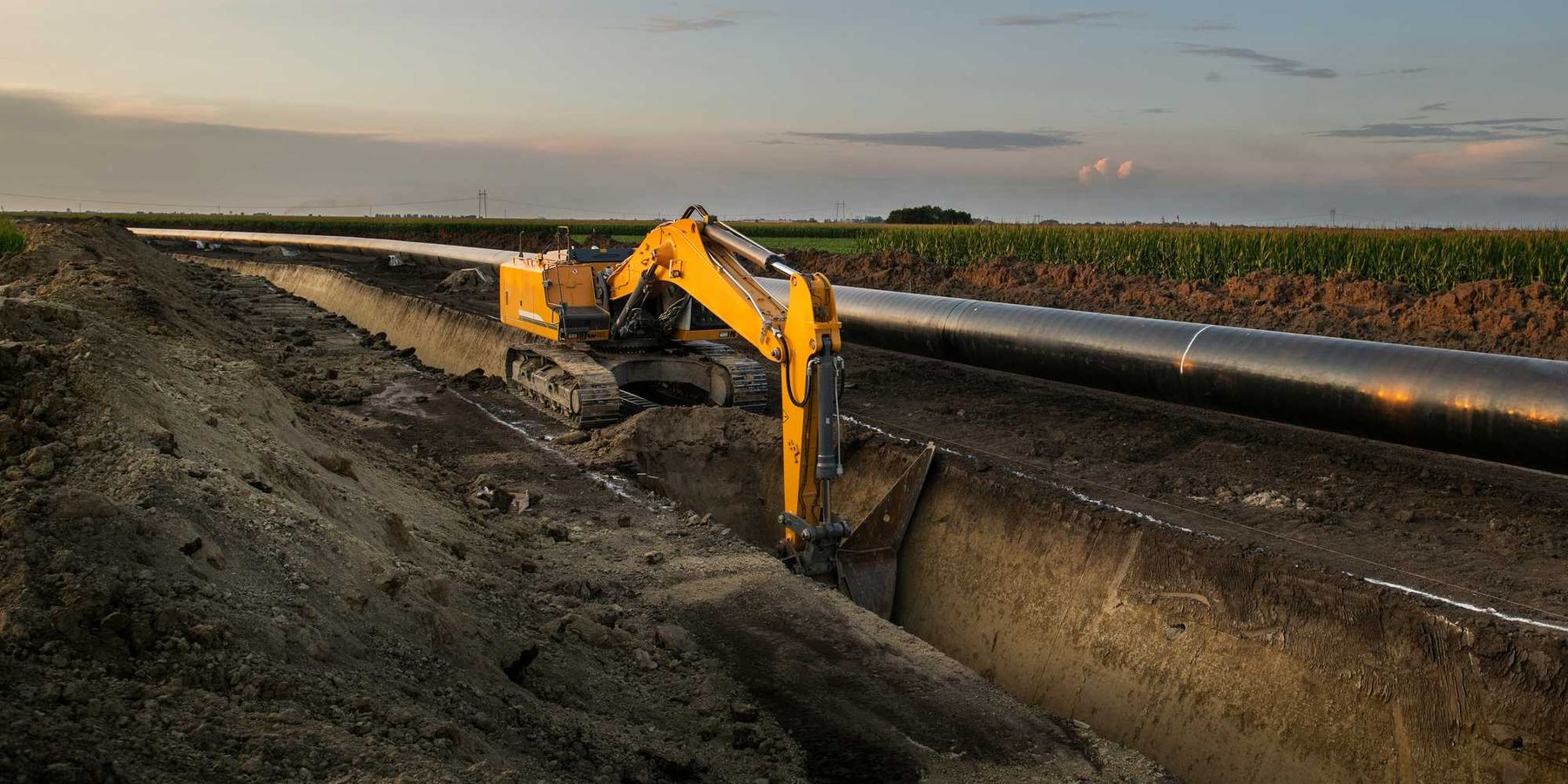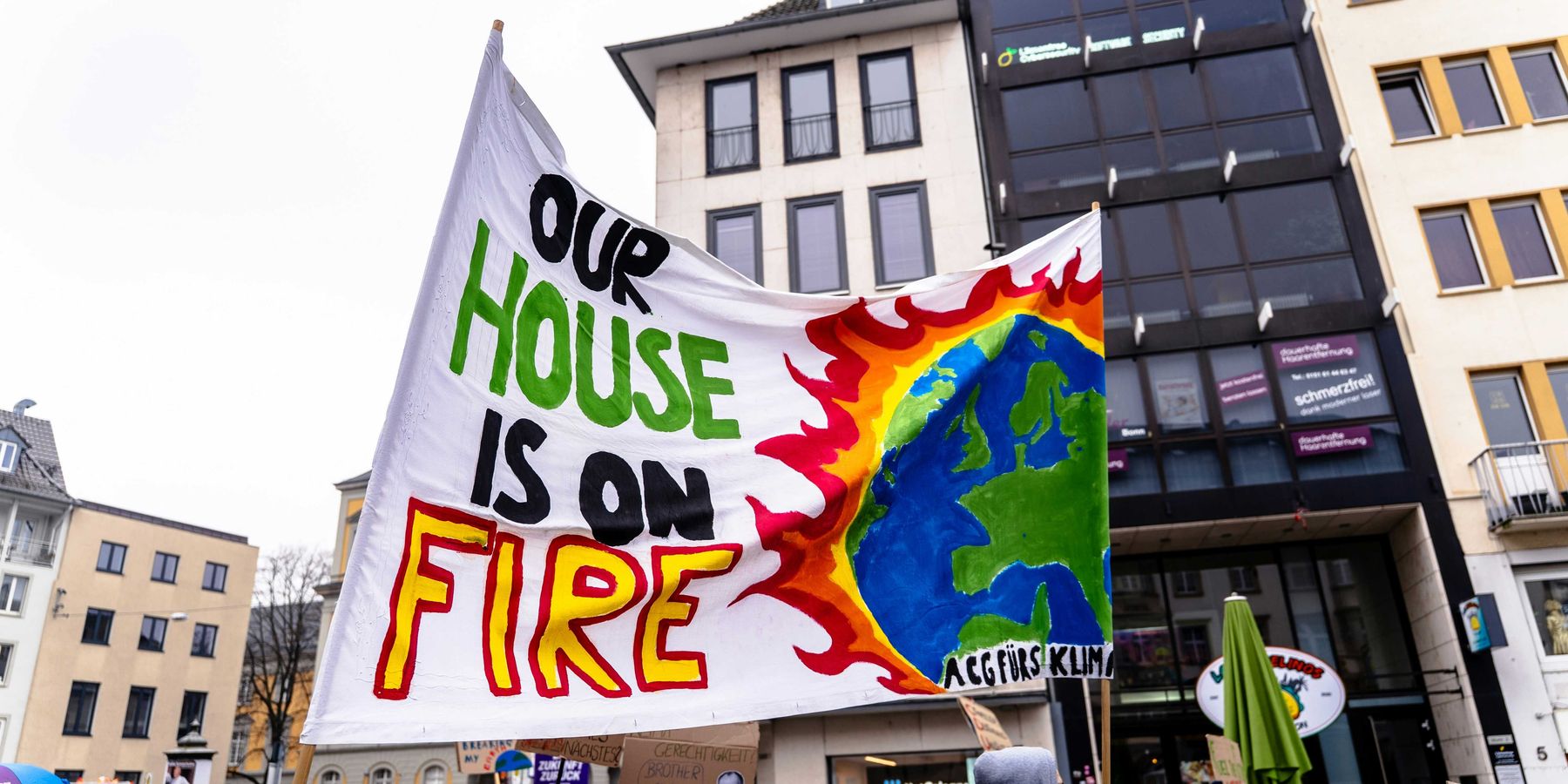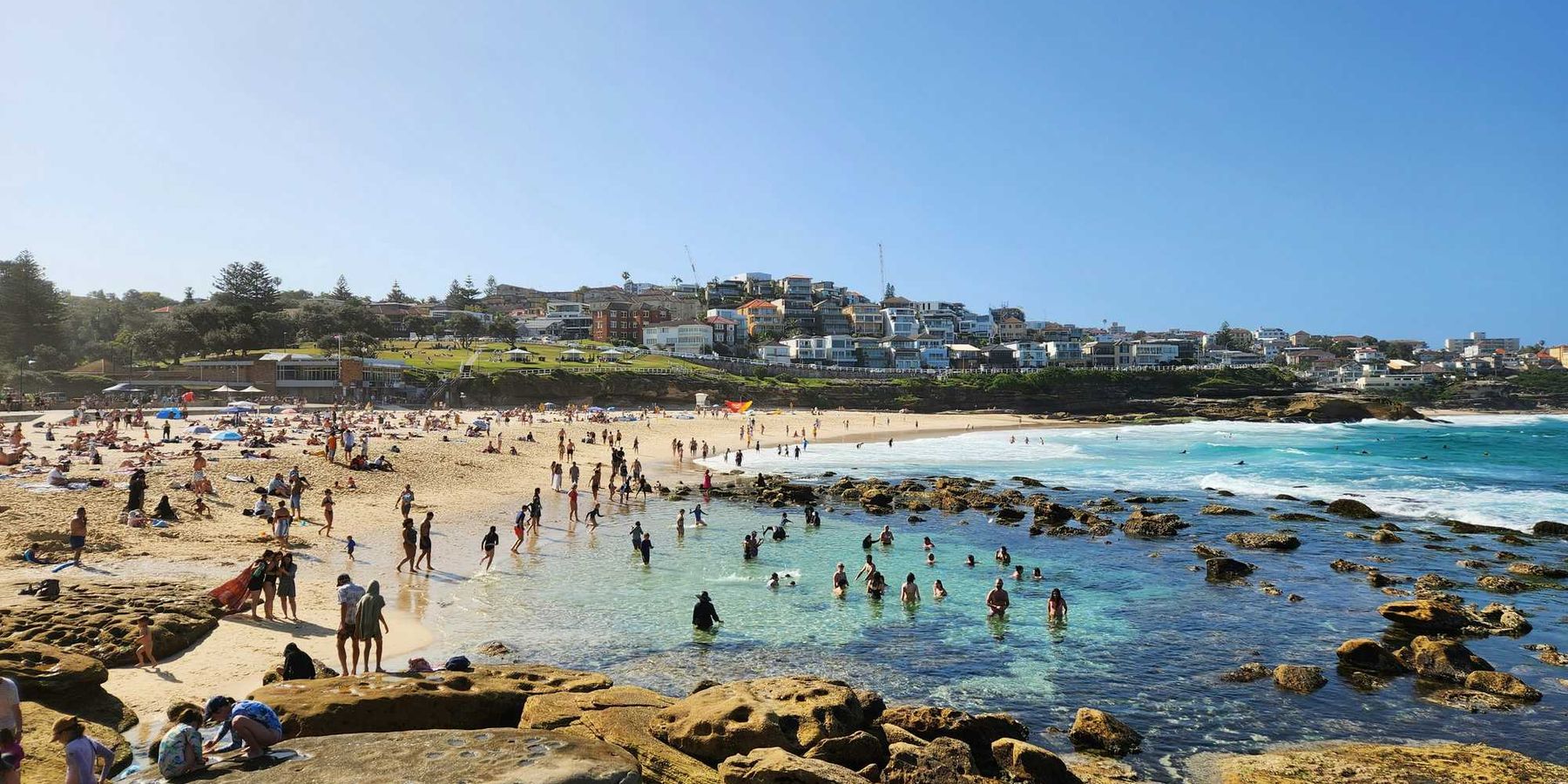Weekend Reader, Sunday March 11
Tariffs-n-Korea-n-porn star headlines push more shenanigans from the EPA and Interior below the fold.
Did somebody say "Drain the Swamp?"
Apparently, President Trump's operative plan for draining the Washington swamp is to hire former lobbyists to do cannonballs into it. The Associated Press reports that of 59 hires they tracked at EPA, about a third previously worked as registered lobbyists or lawyers for "chemical companies, fossil fuel producers, and other corporate clients."
Of course, the facepalming depth of malfeasance and conflict of interest at EPA, Interior, and other agencies can't bull its way into America's headlines. Legitimate issues like North Korea and guns, and distractions like All the President's Porn Stars hog the headlines and lure the pundits, allowing the swamping of government to quietly thrive.
The New Republic's Emily Atkin writes that EPA's social media is promoting the work of the venerable climate deniers at the Heartland Institute. Meanwhile, The Hill, whose news reporters do solid work on the environment, chose to publish a cheerful op-ed from Heartland that blows kisses to EPA boss Scott Pruitt and is march toward "greatness."
Hey, when you get chosen for the world's most important cabinet, maybe $139,000 doors are appropriate. Interior Secretary Ryan Zinke spent that much, according to the AP, on office improvements. Secretary Zinke also opined this week that wind turbines are warming the planet.
Not to be outdone, Attorney General Jeff Sessions was reportedly involved in some environmental swampery while in the Senate: Mother Jones links him to a bribery scandal involving a Superfund site in an inner-city Birmingham neighborhood. And EPA brushed off environmental racism claims from another Alabama site: Uniontown is a predominantly black town in the shadow of a colossal landfill that receives garbage from 33 states,
Interesting read from The New York Times: EPA Administrator Scott Pruitt wanted to stage a "red-blue debate" on climate change late last year, but White House Chief of Staff John Kelly denied the effort. (but credit the scoop to Robin Bravender of E&E News with the scoop on this, back in December.)
Folks, these are only a few of the environmental adventures of the Trump Administration from one week's reporting. The President is fond of calling strong journalism "fake news" and casting reporters as enemies of the state. Twenty years from now, today's EPA cuts, public lands giveaways, and climate denial will matter, and will potentially hurt us deeply. Twenty years from now, I'm pretty sure Stormy Daniels won't matter.
Top Weekend News
In the New York Times, Eric Lipton reports that the slumping prospects of offshore oil drillers are getting a boost from the Trump Administration.
Reveal News reports that countless Native American archaeological sites could be at risk as the Interior Department prepares to auction off former National Monument sites for resource extraction.
Opinions and Editorials
Perhaps the most interesting thinktank to pop up in recent years is the Niskanen Center—a libertarian, right-of-center group that's parted ways with the conservative climate denial dogma. The Center's Joseph Majkut asks a fair question: Is climate coverage biased?
Writing for Outside Online, Glenn Nelson says green groups aren't paying attention to inclusion and diversity.
On PRI's Living On EarthLiving On Earth, Peter Dykstra and Steve Curwood discuss what may be the world's dirtiest river, and they look back to 1925, when evolution went on trial in Tennessee.
Non-Pornstar News from Trumpworld
A newly-appointed EPA environmental justice advisor left behind a little plutonium problem at his last job.
Exception to the (broken) rules: ClimateWire profiled Peter Navarro, an ascending trade advisor in Trumpworld. Navarro has in the past been endorsed by a local Sierra Club chapter in a political race, and been described as both "an environmental pit bull" and "a jerk." Fun read.













